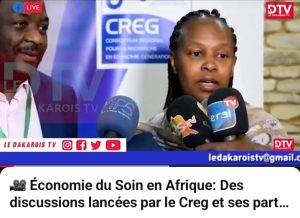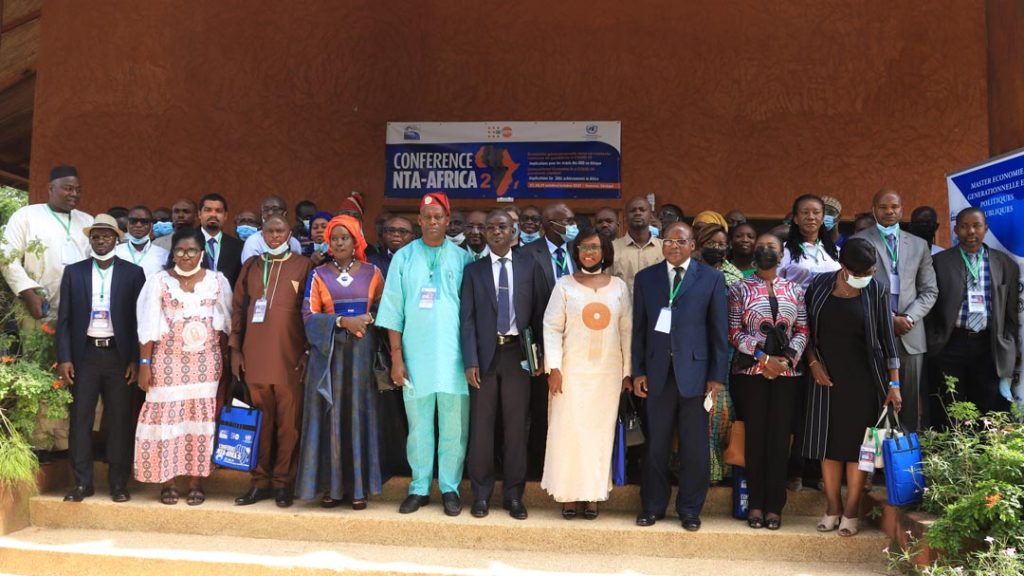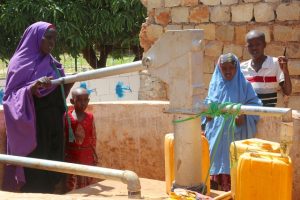
Second edition of the NTA Africa 2021 conference:
sharing the experience of a young researcher

By Amandine Cynthia P. YANOGO,
Doctoral student in development economics
1. As a young researcher, what does it mean to you to be taking part in this event organized by the CREG?
Taking part in the NTA conference was a great opportunity. Indeed, it was an opportunity for us to deepen our knowledge of population issues and better orient our academic research. We were also able to draw inspiration from the experiences of other countries and the policy measures they have implemented to address demographic issues.
2. You’ve worked on issues relating to the valorization of domestic work. In your opinion, what are the major challenges facing women’s domestic work, particularly unpaid work in Africa?
Major challenges include, but are not limited to:
- Low school enrolment among girls,
- Lower living standards for women,
- Low participation/presence of women in the paid labor market,
- Low empowerment of women.
3. How widespread is this phenomenon in Burkina Faso, and what policy measures can you recommend?
In Burkina Faso, women are primarily involved in managing the family, education, food and childcare in the various socio-cultural specificities (Ouoba et al., 2003).
These activities contribute to excluding women from the field of gainful employment, in contrast to men, who are considered income earners (INSD, 2006), and exacerbate gender inequalities.
« These inequalities were highlighted in the paid labor market by the 2016 Demographic Dividend profile, which showed that 69% of labor income is generated by men versus 31% by women, and that women are almost in deficit over their entire life cycle.
Domestic work includes tasks such as cleaning, cooking, washing and ironing clothes, caring for children, the elderly and the sick, gardening, fetching water and wood. »
So, in terms of policy measures, we recommend :
- Promoting the intensive use of butane gas, which will protect the plant cover and reduce the time spent cooking;
- Increase water coverage, especially in rural areas, to reduce the distance and time needed to obtain water;
- Strengthening the operation and provision of crèches for all social strata;
- The introduction of a home medical monitoring system for the elderly.

4. The conference was an opportunity to rub shoulders with researchers and policy-makers. How did this benefit your research?
The NTA_Africa 2021 conference provided an opportunity to improve our paper on the demographic changes presented at the conference, and to familiarize ourselves with other econometric models. Secondly, it was an opportunity to share experiences on the challenges of demographic issues for African development, which will enable us to broaden our fields of research.
5. How can the CREG’s Counting women’s work blog bridge the gap between the capitalization of researchers’ knowledge and its translation into action?
To this end, CREG’s Counting women’s Work blog could :
- Promote the sharing of experience ;
- Establish a network of researchers interested in population and development issues, and involve the National Observatories on the Demographic Dividend (ONDD), as this would not only enable countries to share their experiences on demographic dividend issues, but would also help guide decision-making to address population and development issues.

